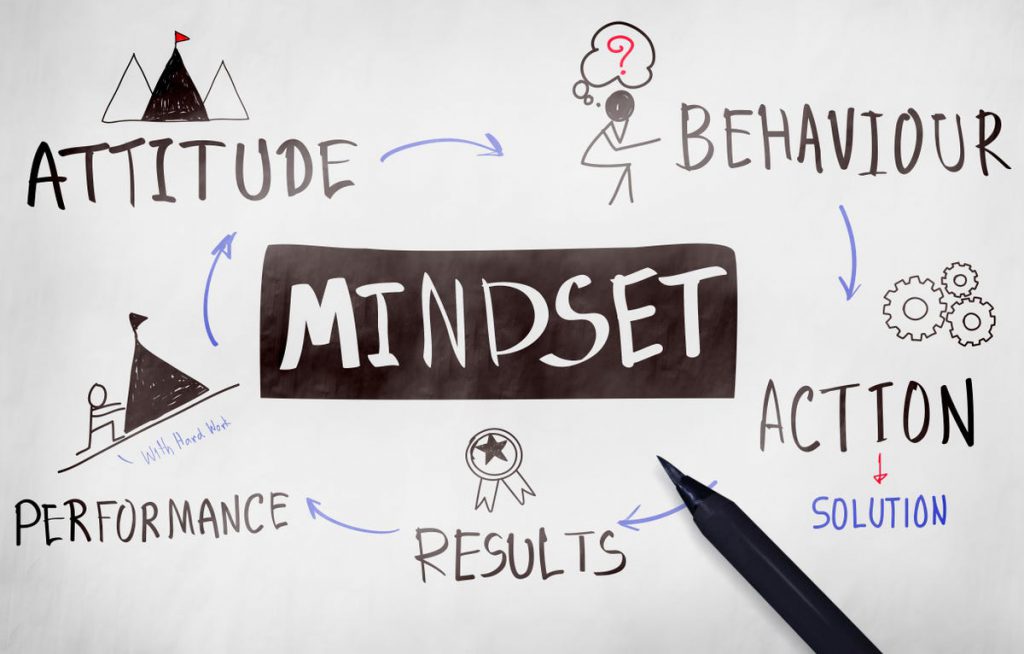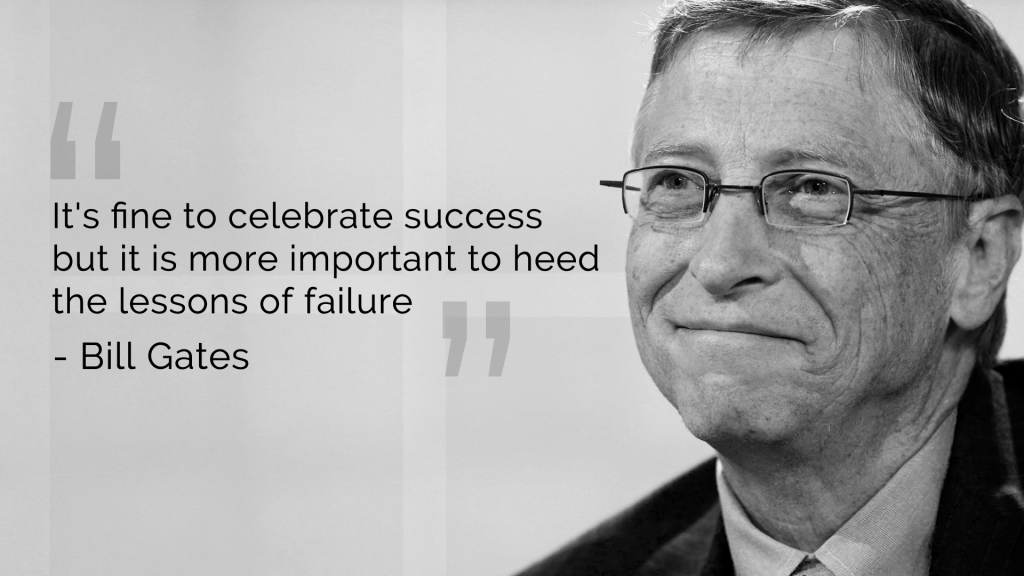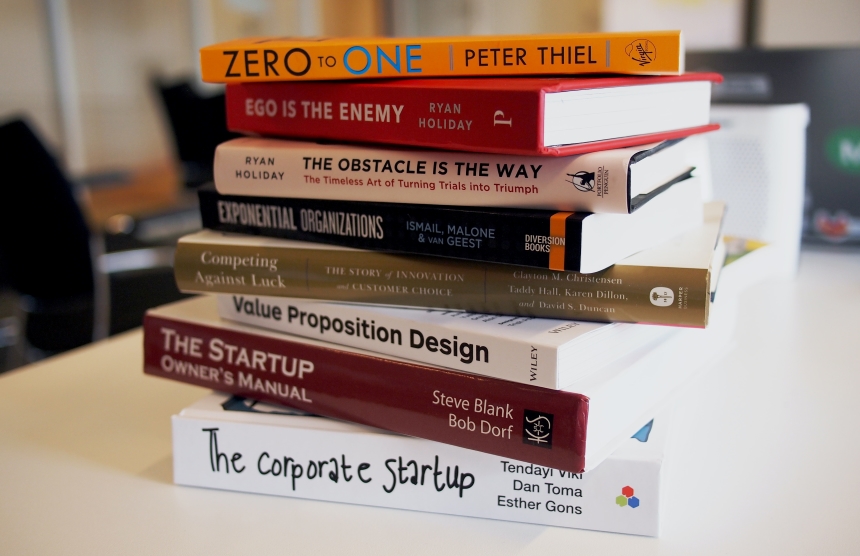One way of understanding an entrepreneur’s success is to look at the way they think. Photo by Daria Nepriakhina on Unsplash.
In this modern era, most of us notice that young people dare to take the risk of venturing in entrepreneurship to earn a living and as a career choice.
The success of entrepreneurs can be seen in terms of their psychology, from their performance in becoming successful to their interpretation of their creativity to produce and market products and services.
This also can be looked at through their determination in having realistic goals that provides them short-term objectives and long-term visions which are measurable and achievable.
The process entrepreneurs go through to achieve success is not easy; only those who have the courage, strength and mindset could face countless of business and personal challenges.
During this journey, they continuously improve themselves through self-evaluation and lifelong learning to be able to reach whatever entrepreneurial goals they set out.

Their mindset is a vision of who they are, and that relates to the psychological aspects of brain cognition, involving the interconnection of individual actions to determine the process and future.
According to experts, if there is one mentality that exemplifies successful small company entrepreneurs, it is confidence. However, overdoing it might lead to less profitable businesses, thus the need to keep confidence in moderation.
Confidence is also beneficial when it contributes to entrepreneurs’ positive surroundings. Though entrepreneurship might be risky sometimes, such surroundings can reset their thinking to lean more towards improved and supportive motivation.
Krueger and Brazeal (1994) stated that understanding the cognitive architecture that underpins entrepreneurial behavior provides us with more insights into how to foster entrepreneurship.
Allowing people to pursue entrepreneurship full time and particularly let them see it in different perspectives can further change their employment perception on the field.
Entrepreneurship in itself challenges them to form the discipline required to learn and analyse when making business decisions, and the endurance needed to adapt and cope with challenges.

Additionally, starting a business gives entrepreneurs the chance to learn from their failure, as it entails using their intellect to construct speculations for future achievement.
This is because success and failure are so inextricably linked that effective failure can contribute to behaviours that lead to successful outcomes.
Everyone can be an entrepreneur, however, our mindset and actions determine our success in the business. So long as we believe and trust the process of improving ourselves it can change everything.
As stated by one of the most successful businessman Bill Gates, the mindset is a solution-oriented approach in which you have to learn from the past to find solutions just like completing puzzles until you completely succeed.

Read more: Taking Entrepreneurship Courses in Malaysia
Read more: Why Young Entrepreneurs Should Consider a Mentorship
Read more: Creating Your Own Safety Nets in Entrepreneurship
Read more: Impact of COVID-19 on Entrepreneurship




